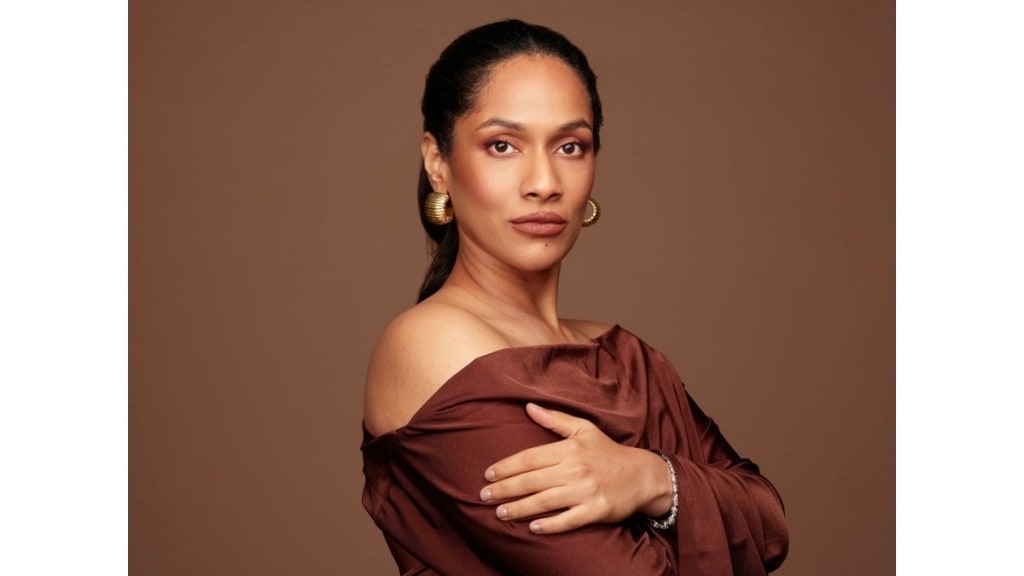Actor-entrepreneur Masaba Gupta has adopted a two-pronged growth strategy — keeping her beauty brand Lovechild firmly in the mass premium segment while pivoting her fashion label House of Masaba towards luxury bridalwear and fine jewellery.
Speaking to FE, she said that quick commerce is fuelling Lovechild’s expansion, in addition the brand’s website, marketplaces, and physical retail presence.
Lovechild’s Digital-First and Quick Commerce Dominance
On Lovechild’s customer traction, Gupta highlighted the brand’s strong direct-to-consumer presence. “Brand.com (the brand’s website) is almost 70% of our revenue right now, which is unheard of in beauty, because you typically need a marketplace to succeed,” she said, underscoring the power of brand-led commerce in building loyalty and control.
She added that apart from the product portfolio, her hands-on approach to marketing has been a factor in driving website traffic and traction.
More recently, quick commerce has emerged as a critical growth channel. Gupta described it as a “game changer,” with Blinkit standing out as the largest and fastest-growing platform.
House of Masaba’s Pivot to Luxury and E-commerce
The brand plans to leverage its success on quick commerce through a targeted approach. While it has found success in categories such as lip and eye cosmetics, it is now tinkering with combos that raise the ticket size of the purchase.
Gupta explained that while products under Rs 1,000 do well on quick-commerce platforms, as she expected, Lovechild also saw traction for special rakhi combos on the occasion of Rakshabandhan that were priced slightly above Rs 1,000.
“If you give people a product that works well and fits their need but is over Rs 1,000, it will still find demand,” she said.
Lovechild’s on-ground footprint has grown steadily in tandem with its digital presence. The brand now boasts 28 kiosks, over 20 Shoppers Stop Beauty counters, presence in all 24 House of Masaba stores, in addition to Nykaa offline outlets. Gupta linked this multi-channel approach to the brand’s accelerated growth, enabling consumers to experience products physically while accessing convenience online.
Looking ahead, Lovechild plans to relaunch its fragrance range and is evaluating entry into skincare in the coming years.
Gupta, however, has adopted a cautious approach to skincare, noting the market’s crowded nature and the need to find a differentiated product offering.
“You have to make a five-year plan and keep revising it every two years,” she said, reflecting the importance of flexibility in a dynamic beauty landscape. In the meantime, the brand is monitoring the success of its hybrid products — that combine some form of skincare with coloured cosmetics — for success and challenges.
Turning to fashion, House of Masaba is in the process of pivoting to luxury. Gupta emphasised that growth will not rely solely on expanding physical stores. Instead, e-commerce will play a vital role in serving tier 2 and 3 city markets.
“Maybe, I’ll pause on opening more stores, especially in tier 2 and 3 cities. I want to continue to have e-comm feed that market,” she said, highlighting a strategic balance between on-ground presence in metros and digital outreach elsewhere.
The brand’s big bets in fashion remain bridalwear and fine jewellery, segments Gupta sees as resilient regardless of broader consumption slowdowns. She also acknowledged ongoing reinvention efforts in the ready-to-wear category, adapting to competition from international labels and social media-driven homegrown brands operating primarily via e-commerce.
